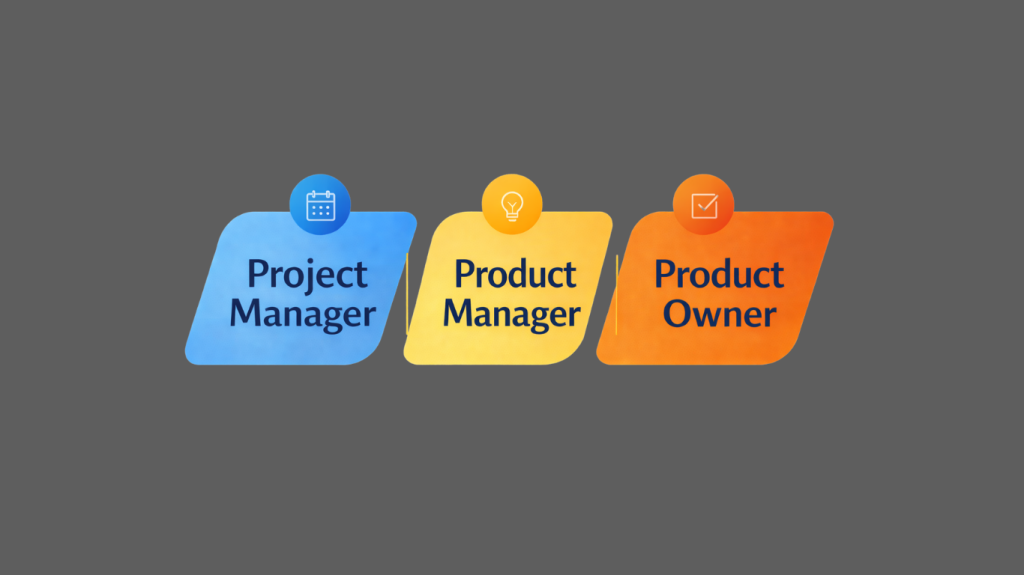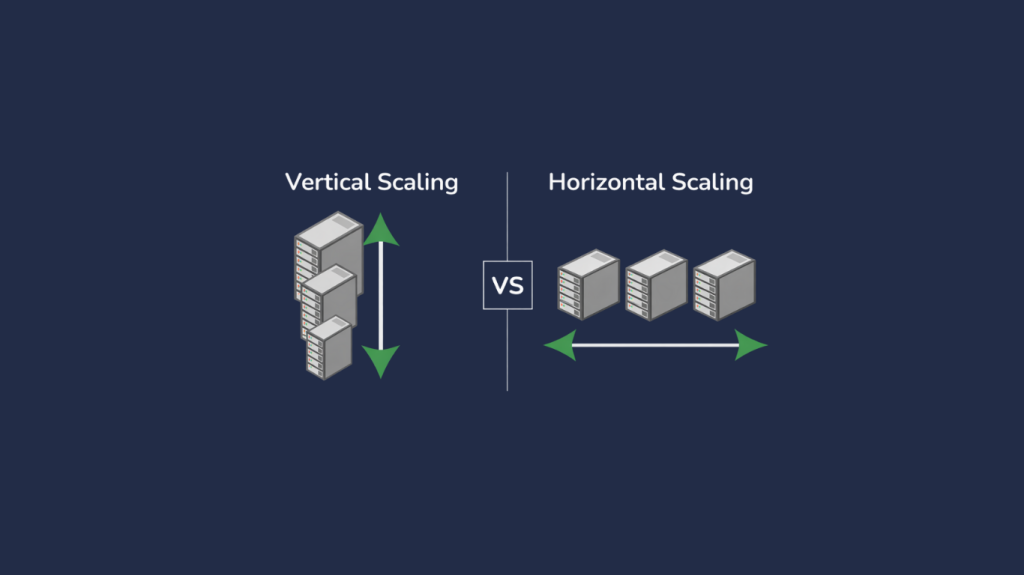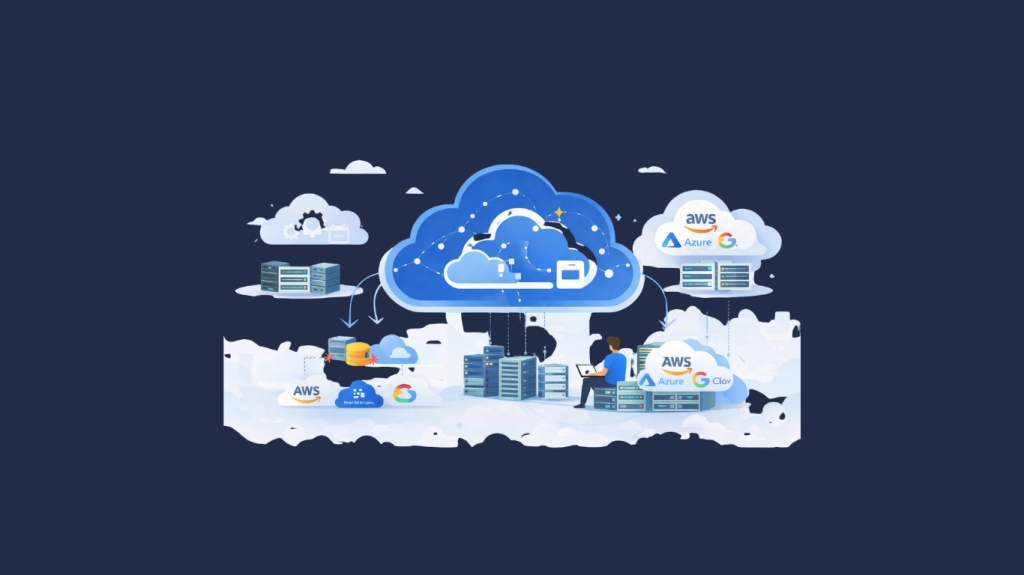Modern product teams thrive when two complementary disciplines work in concert: software engineering and DevOps engineering. At first glance, they appear to share the same toolbox—code editors, version-control systems, and an appetite for automation—but their core objectives differ in meaningful ways. Software engineers focus on creating and refining the functionality that customers interact with. In contrast, DevOps engineers ensure that this functionality is deployed smoothly from a source-code repository into a live, resilient environment. Understanding where their responsibilities converge and where they diverge helps organizations hire the right mix of talent, and it helps technologists choose a career path aligned with their strengths.
Two Roles, Two Missions
Software engineering begins with an idea—perhaps a new feature request or an unsolved user problem—and ends when a reliable, maintainable solution is merged into the codebase. On any given day, a software engineer might clarify requirements with a product owner, prototype data models, implement business logic, and write unit or integration tests that safeguard future releases.
DevOps engineering starts when application code leaves the developer’s laptop. The mandate is to deliver that code to users quickly, repeatedly, and safely. DevOps professionals build continuous integration pipelines, define infrastructure as code, monitor production health, and orchestrate incident response when metrics deviate from acceptable thresholds. Their work transforms isolated commits into a predictable deployment process, ultimately leading to a stable production experience.
Key Responsibilities in Practice
The overlap is intentional: both roles treat automation, testing, and collaboration as first-class citizens. The emphasis, however, lies in the various stages of the software delivery life cycle.
Skill Sets That Distinguish Each Path
For software engineers, depth matters
Mastery of one or more languages, a solid grasp of data structures and design patterns, and an instinct for readable, testable code form the foundation. Framework expertise—whether React, Spring, or Django—adds leverage, while familiarity with domain-driven design and system architecture enables long-term scalability.
For DevOps engineers, breadth is crucial
They combine scripting or programming fluency (Python, Bash, Go) with a working knowledge of cloud platforms, networking, security controls, and observability tooling. Infrastructure-as-code technologies—such as Terraform, Pulumi, and CloudFormation—transform manual steps into repeatable declarations. Containerization (Docker) and orchestration (Kubernetes, ECS) provide the substrate on which modern applications run.
👋 Building an app or optimizing your infrastructure?
Whether you need experienced software engineers to write clean, scalable code—or DevOps experts to streamline your CI/CD pipeline and automate deployments—we’ve got the talent to make it happen. Let’s talk!
Trusted by tech leaders at:



Career Trajectories and Market Demand
A mid-level software engineer often evolves toward senior engineer, staff engineer, and architect roles, where technical vision, mentorship, and cross-team influence dominate the agenda. Some choose a parallel track in engineering management or product leadership.
A DevOps engineer typically progresses toward senior DevOps or platform engineering roles and may pivot into site reliability engineering (SRE) or cloud architecture. Because outages quickly convert into lost revenue, proven reliability experts frequently command premium compensation—especially in organizations operating at a significant scale.
Finding Your Inclination
If you draw energy from algorithmic problem-solving, user-interface polish, and language-specific nuances, the software path is likely a strong fit. If, instead, you prefer systemic thinking—automating repetitive tasks, designing fault-tolerant infrastructure, and analyzing dashboards for early signs of trouble—DevOps engineering aligns well with your interests.
A practical self-assessment is straightforward:
- Build a small application that serves as a JSON endpoint.
- Extend it with a non-trivial feature, such as authentication, search, or data caching.
- Containerize the service, commit to a public repository, and create a simple CI pipeline that runs tests and deploys to a cloud sandbox.
- Add basic monitoring and configure an alert for elevated error rates.
Notice which steps felt natural and which felt laborious. That reflection offers a reliable indicator of where your intrinsic motivation lies.
Emerging Trends Shaping Both Disciplines
- GitOps and policy as code are formalizing deployment practices, requiring software and DevOps professionals to treat infrastructure changes with the same rigor as application code.
- AI-augmented development is accelerating the generation of boilerplate code, test creation, and anomaly detection. Both roles will need to curate and validate suggestions produced by intelligent tooling.
- FinOps practices are surfacing real-time cost data inside pipelines. Engineers who understand both performance and budget implications add measurable business value.
The takeaway is clear: continuous learning remains non-negotiable. Both disciplines are expanding rather than converging, and the most effective practitioners will cultivate a baseline competence in the other domain.
Software engineers and DevOps engineers pursue a shared outcome—delivering reliable software that advances business goals—yet they approach that outcome from distinct vantage points. One shapes features and code quality; the other shapes delivery velocity and operational resilience. Organizations that recognize and respect this difference build stronger, more collaborative engineering cultures, while individuals who select the path aligned with their talents find deeper professional satisfaction.
How Curotec Can Help
Curotec integrates seasoned software engineers and DevOps specialists into cohesive, outcome-driven teams. Whether you require a full-stack feature squad, a modernized delivery pipeline, or a strategic partner to guide long-term digital transformation, our experts deliver solutions that scale with your ambitions. Connect with Curotec today to explore how we can accelerate your roadmap—end-to-end.









